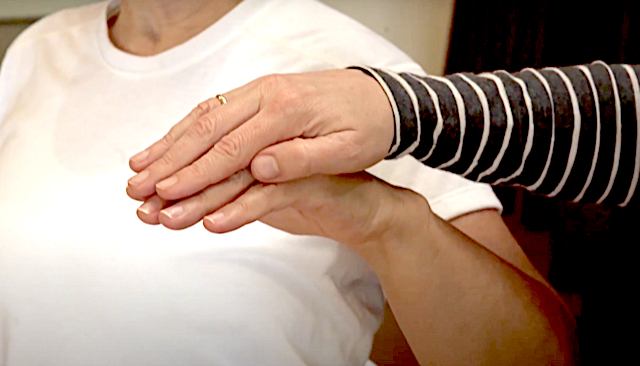|
|
Our workshop is an exploration of a cross pollination between research and narrative practices in theater and anthropology. By creating a dialogue between these disciplines in a laboratory format, we hope to pose questions and engage techniques in ways that will enrich our engagement with anthropological questions and performative productions. We recognize the value of the work of Vitor Turner, Richard Schechner, and Erving Goffman in their exploration between anthropology and performance studies.
This is not, however, a workshop on the anthropology of theater nor an experiment in performing ethnographies, but rather a lab where we use theatrical techniques to engage empirical questions and material. |
|
Rather than enacting our research, we put the elements of the stage (lights, sets, objects, sound, bodies, etc.) into conversation with our research material. This generates surprising and often more affective analyses.
We explore how anthropologists can take from theater a more visceral posture towards research, and a more performative understanding of narrative that can translate into either new kinds of texts (essays, pays, short stories, installations, etc.) or into a revitalized existing practice of academic writing. On the other hand, theater makers can learn from anthropology a more nuanced understanding of political and cultural contexts, how to approach the different discourse formations around events and social issues, and to pay attention to the complexities of worlds and their grammars. |
|
We use the practice of Affect Theater, a devising technique influenced by the Moment Work technique originated by Greg Pierotti's former theater company, Tectonic Theater Project, and Mary Overlie's Viewpoints. This theatrical devising technique is a practice for working with non-theatrical source material (interviews, archival documents, medical and legal reports, media sources, etc.) to construct narratives for the stage. The practice departs from traditional theater in that a finished script is not the starting point for the staging and direction of a play.
|
|
Devising emerged as a means to revitalize how theatrical texts are created. It is a collaborative process involving the members of a company devising and writing together. Our workshop aims at extending this way of writing to other disciplines and their forms of textual production (books, articles, essays, installations, exhibits, etc.).
In our weekend workshops, we encourage participants to include their own empirical data as a part of the source material we utilize in our devising practices. This creates the opportunity for the students and faculty to shift their relationship to their research through a collaborative engagement with our theatrical exploration. |
Workshop Testimonials
You treasure elements of theater while not succumbing to the authority of the text (which usually demands absolute authority) or the body (which usually substitutes itself to the domination of text in a simple reversal). I believe this approach opens up a form of democratic dramaturgy! Beautiful!
Biella, Pistoletto Foundation, July 2019
The academic world can be very cold. It felt good to have a space where we could simply experiement and feel without trying to make sense of things.
McGill, Fall 2018
The workshop was structured nicely, well executed, and and at no point intimidating.
Goldsmith College, March 2019
So useful for us in developing our own practice and delving even deeper into what theatre can achieve when working with academic research.
Goldsmith College, March 2019
I was struggling taking years' wort of ethnographic material and organizing it into a format of a scholarly manuscript. I was uncomfortable with the process of squeezing people's complex, unruly life stories out to extract the theoretical "juice" they contained within—this process seemed an injustice to the many people who shared their stories with me. The Affect Theater workshops felt like a breath of fresh air—they provided a model for working with ethnographic material in a way that is collaborative, nonhierarchical, and nonlinear, allowing us to engage with knowledge-production as spatial and embodied as opposed to abstract and immaterial.
University of California, Davis, 2017-2018
Biella, Pistoletto Foundation, July 2019
The academic world can be very cold. It felt good to have a space where we could simply experiement and feel without trying to make sense of things.
McGill, Fall 2018
The workshop was structured nicely, well executed, and and at no point intimidating.
Goldsmith College, March 2019
So useful for us in developing our own practice and delving even deeper into what theatre can achieve when working with academic research.
Goldsmith College, March 2019
I was struggling taking years' wort of ethnographic material and organizing it into a format of a scholarly manuscript. I was uncomfortable with the process of squeezing people's complex, unruly life stories out to extract the theoretical "juice" they contained within—this process seemed an injustice to the many people who shared their stories with me. The Affect Theater workshops felt like a breath of fresh air—they provided a model for working with ethnographic material in a way that is collaborative, nonhierarchical, and nonlinear, allowing us to engage with knowledge-production as spatial and embodied as opposed to abstract and immaterial.
University of California, Davis, 2017-2018


